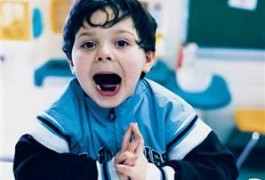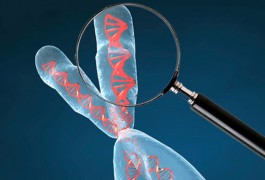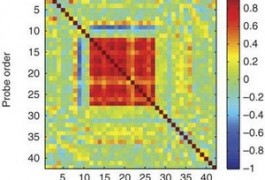Calling all British brains
Scientists in the U.K. are appealing to the public to donate brains for research into autism, Alzheimerʼs disease and other conditions.

Scientists in the U.K. are appealing to the public to donate brains for research into autism, Alzheimerʼs disease and other conditions.

Is regressive autism real? That is, do some children with autism develop normally for the first couple of years of their life, and then suddenly lose their ability to speak and socialize?

The latest of many full genome scans of large groups of people with and without autism has identified two new chromosomal regions associated with the disorder. The findings were unveiled last week at the American Society of Human Genetics meeting in Philadelphia.

As early as 12 months of age, babies who later develop autism repeatedly spin and rotate their toys more than typically developing children, according to a new study. They are also more likely to glance sideways at objects or stare at them for long periods.

First-born children of women older than 35 and men older than 40 are three times more likely to develop autism than later children of younger parents, according to a large epidemiological study in the United States.

Autism rates are higher in states where it rains more, according to a report thatʼs in newspapers everywhere today. Say what?!

In the past few months, researchers have published dozens of reports linking single-nucleotide polymorphisms (SNPs) with susceptibility to a range of common diseases.

One of the hallmarks of autism is a tendency to be somewhat emotionally detached. This is of course talked about as mostly a negative thing, but research published in the October 15 Journal of Neuroscience suggests there may be an upside.

Last nightʼs debate was fascinating on several levels, but leaving the punditry to pundits, I was struck by the fact that, once again, both candidates brought up autism. Apart from AIDS, I donʼt recall a single health issue that has received more attention from presidential candidates.

One of the most ambitious research projects involving kids is the National Childrenʼs Study, which aims to follow 100,000 children from birth to age 21. The idea is that by following these kids over time, researchers can study the effect of genes and the environment on all manner of diseases that manifest in childhood ― including autism, learning disabilities, asthma, and diabetes.